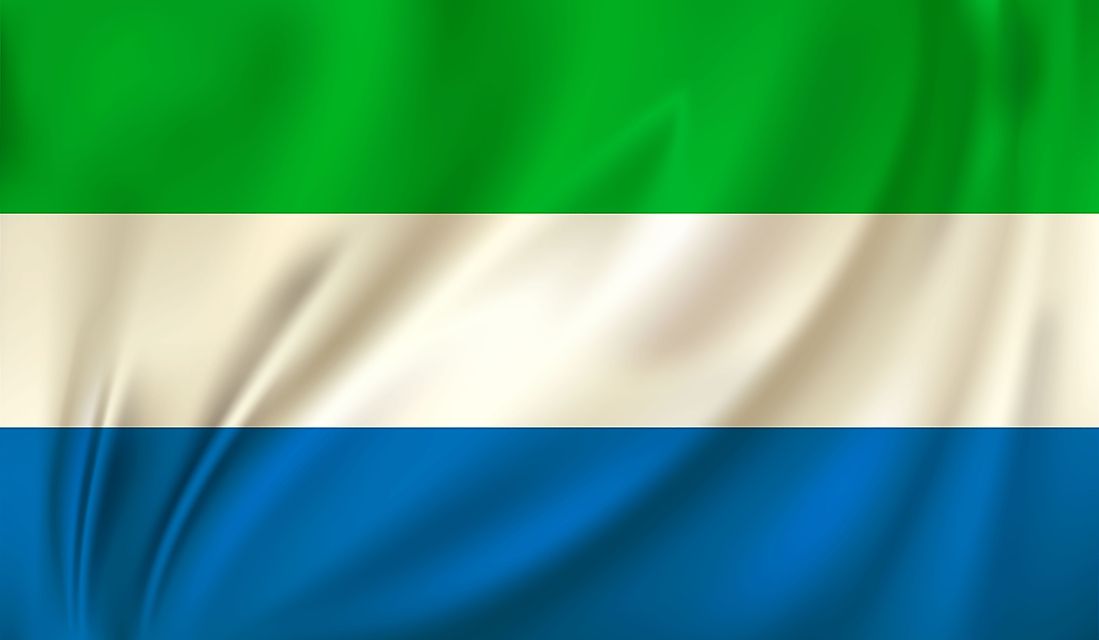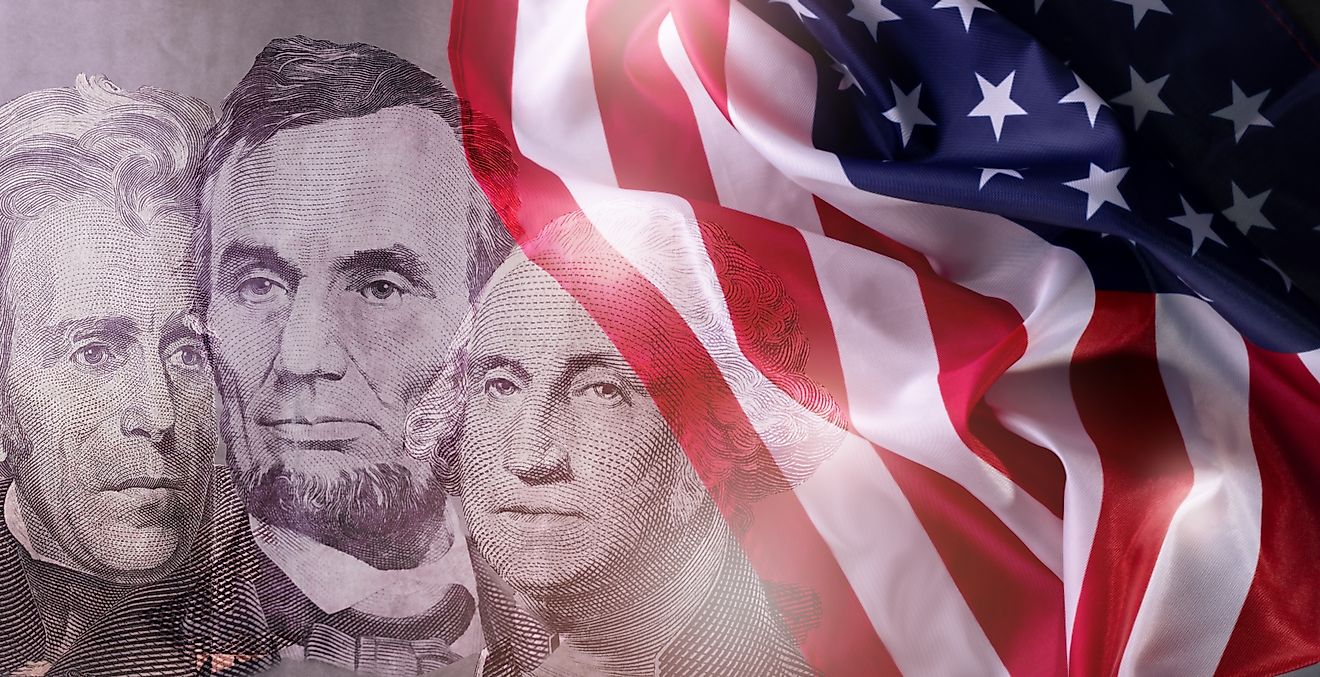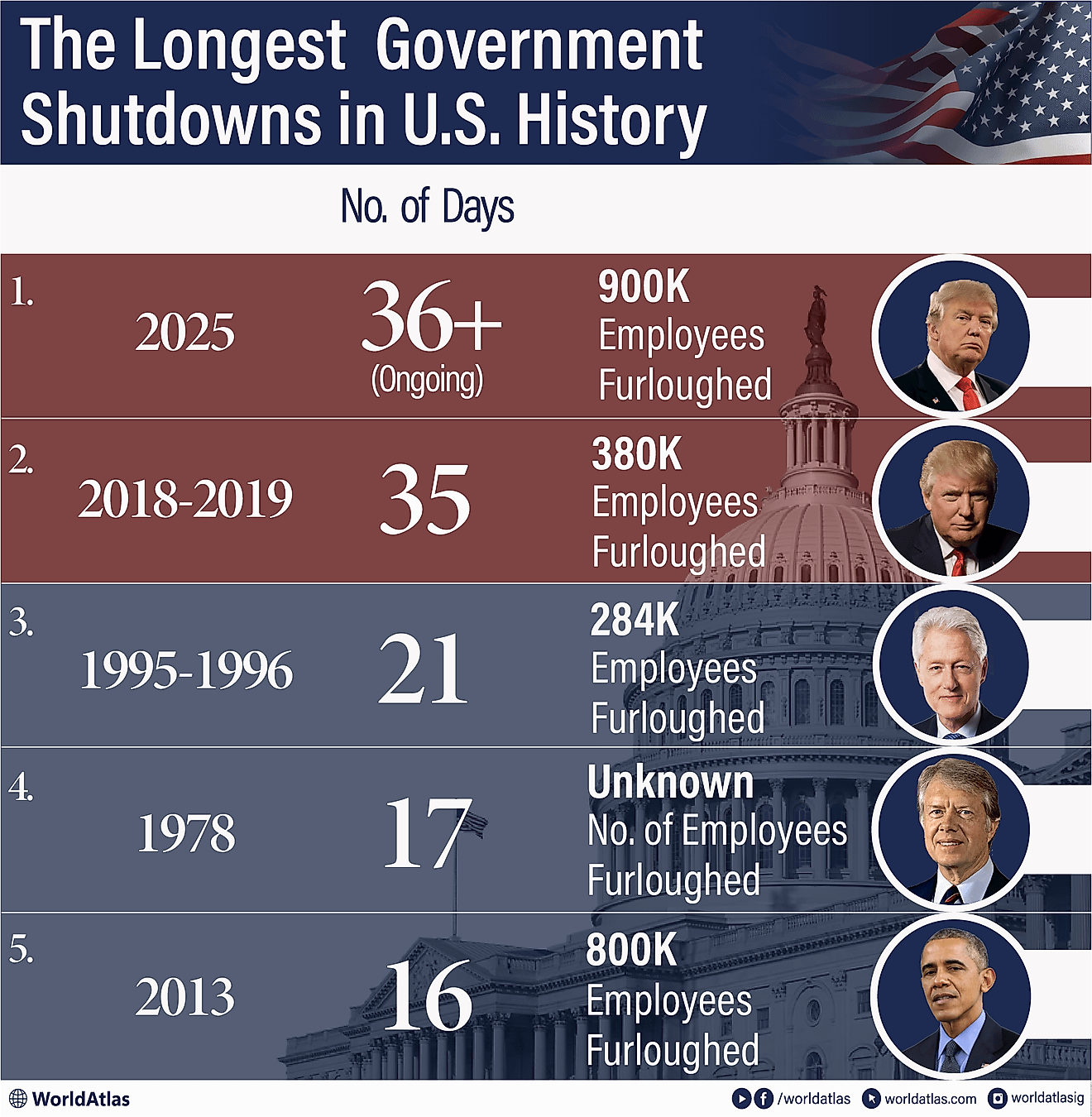What Type of Government Does Sierra Leone Have?

Located in West Africa, Sierra Leone gained independence from the British in 1961. The constitution is the supreme law in Sierra Leone and establishes the nation as a constitutional republic with a unicameral legislature, a free judiciary and having the president serving as head of both the government as well as head of state.
President of Sierra Leone
The president is a title enshrined in the constitution which dictates that the president is the head of state as well as head of government. The president, in the capacity as head of government, wields executive authority and is responsible for the appointing the vice president, as well as the cabinet ministers. The president of the country is also the commander-in-chief of the armed forces of Sierra Leone. The president is elected through direct adult suffrage in a popular vote to serve a five-year term subject to only one reelection. Candidates interested in the position of president are required to have to meet certain requirements including, which include minimum age of 40 years, and should be born in Sierra Leone, among other conditions. The cabinet is made up of seven ministers who head their respective ministries, which cut across all sectors of the economy.
Legislative Branch of Government
The legislature of Sierra Leone is the arm of government tasked by the constitution to formulate and enact legislation. The country has a unicameral parliamentary system with one chamber and is made up of 124 seats, where 112 seats are allocated to elected lawmakers, while 12 seats are assigned to tribal chiefs drawn from each of the 12 districts in the country. Members of parliament are elected by proportional representation to serve five-year terms and are required to have attained several qualifications, including being a Sierra Leone citizen by birth, being at least 21 years of age, and having the ability to express themselves in English. In the current parliament, all elected members are drawn from the two principal political parties in the country; the All People’s Congress (70 seats) and the Sierra Leone People’s Party (42 seats). The speaker is the leader of parliament, and the primary role is presiding over parliamentary proceedings. The deputy speaker assumes the role of the speaker in the absence of the speaker. Parliament is dissolved at least 30 days and at most 90 days before the general elections, but can be recalled back to session through a proclamation from the president. The commencement of each session of parliament is marked by the State of the Nation Address from the president who outlines the government achievements and plans to the members of parliament.
Judicial Branch of Government
The judiciary is the arm of government mandated to interpret and apply the law, as well as the administration of impartial justice to all based on the set laws and principles. The independence of the judiciary from other arms of government is enshrined and protected by the constitution. The supreme court is the judicial office with the final jurisdiction in constitutional, criminal and civil disputes, and is headed by the chief justice. The magistrate courts fall under the supreme court and are located in all judicial districts across the country. The local courts are the lowest courts in the country and are based on local customs and traditions, with legal proceedings being held by local elected leaders. All judges in the major judicial offices, including the chief justice, are appointed by the president and subject to parliamentary approval.











